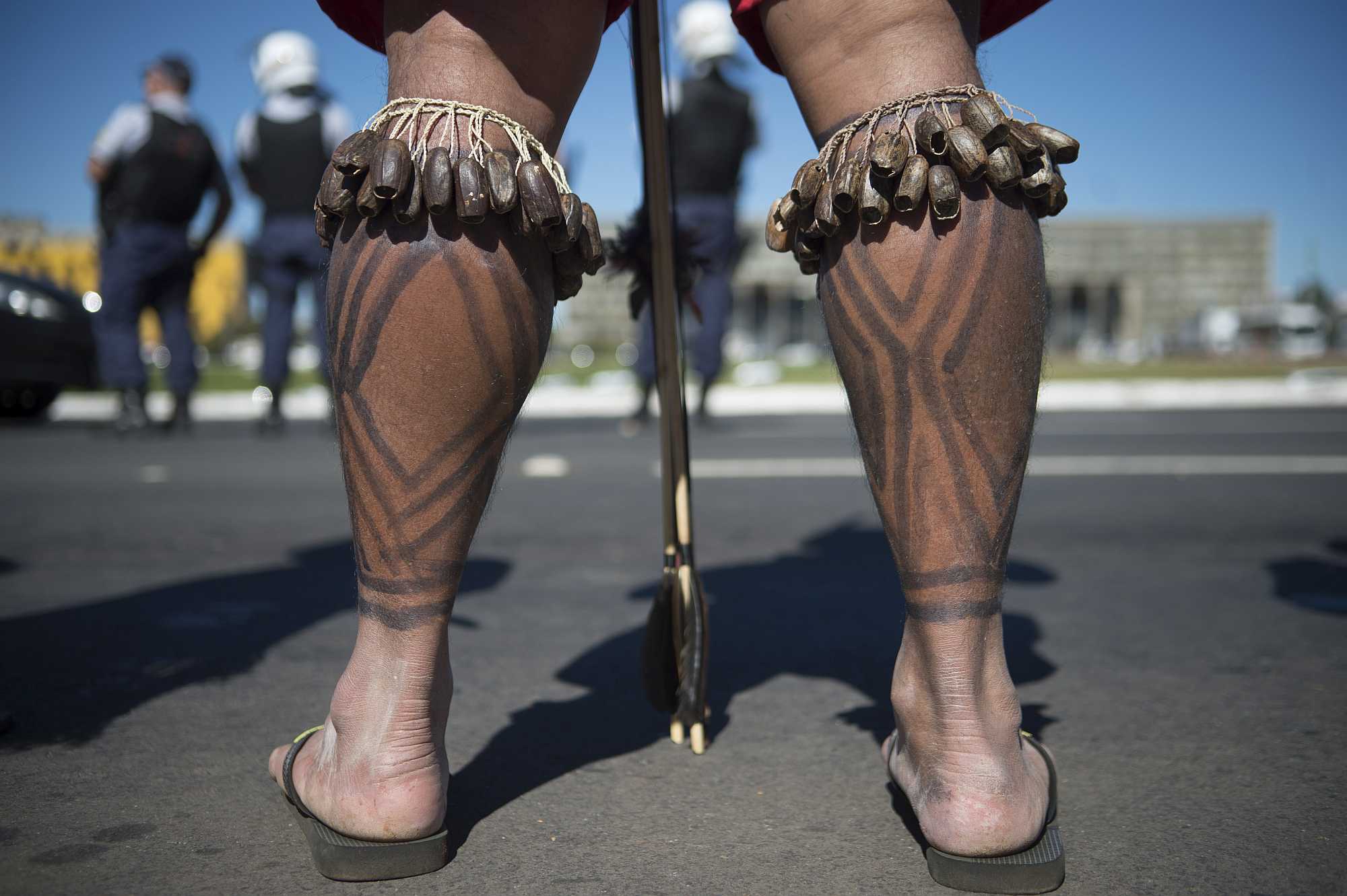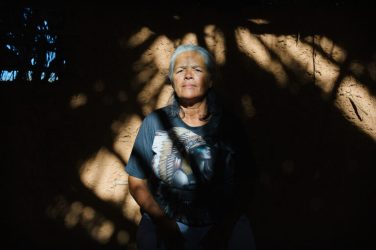Over the last 15 years, Brazil has seen the highest number of killings of environmental and land defenders of any country.
“The rights of Indigenous peoples and environmental rights are under attack in Brazil.”
This was the message delivered by a panel of U.N. special rapporteurs on the rights of Indigenous peoples, human rights and the environment.
The group, which included a rapporteur from the Inter-American Commission on Human Rights, jointly denounced ongoing attacks committed against environmentalists and Indigenous people in Brazil and offered possible solutions.
An official report created by the group and published in part by the U.N. Human Rights Office noted that over the last 15 years, Brazil has seen the highest number of killings of environmental and land defenders of any country, up to an average of about one every week. Indigenous people represented the highest percentage of all victims.
Responding to these findings, the experts emphasized that “Brazil should be strengthening institutional and legal protection for Indigenous peoples, as well as people of African heritage and other communities who depend on their ancestral territory for their material and cultural existence.”
However, the group lamented that instead of fortifying such institutions and legalities, “Brazil is considering weakening those protections.”
Reforms to improve environmental protections and to safeguard Indigenous people were suggested. They recommended additional resources be allocated to the National Indian Foundation, FUNAI, an institution that provides support to Indigenous peoples.
The report also highlighted setbacks in the “protection of Indigenous lands.” The experts cautioned that they were “particularly concerned about future demarcation procedures, as well as about Indigenous lands which have already been demarcated.”
The panel that elaborated on the report included Victoria Tauli Corpuz, an expert in Indigenous human rights, Michel Frost, a specialist in human rights, John Knox, an environmentalist, and Francisco Jose Eguiguren Praeli, another expert in Indigenous rights.
teleSUR













